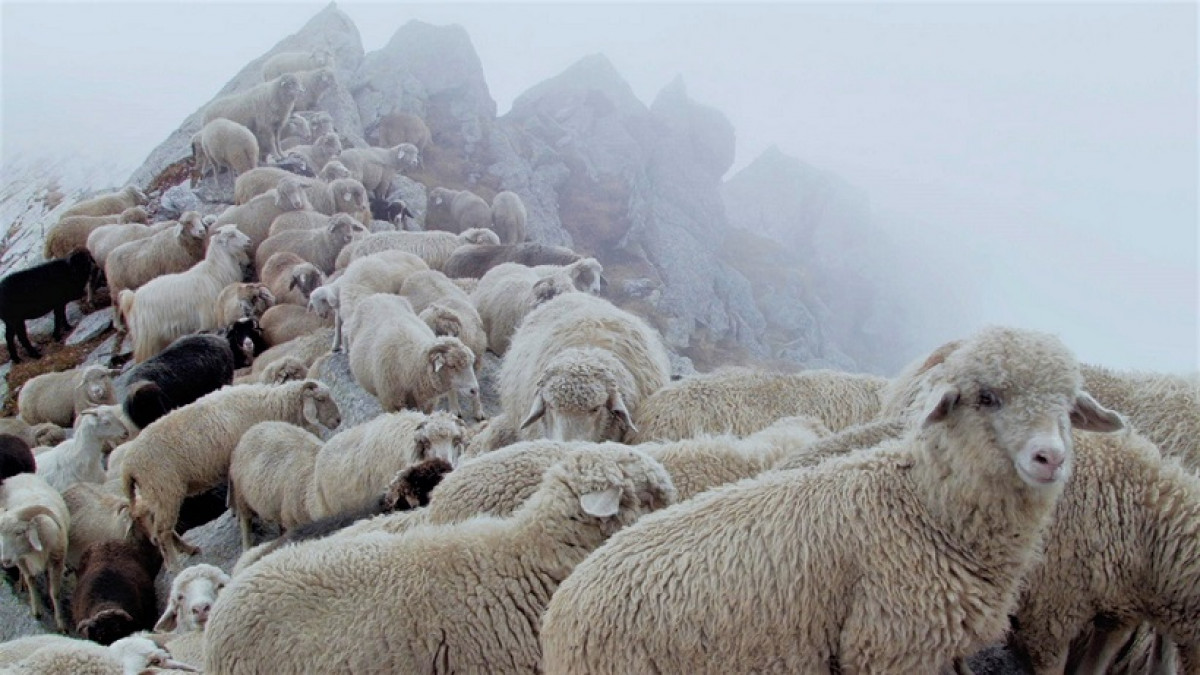Quick Reads
New Netflix release : 15 August (Review)
A half-baked drama about the idea of freedom

In the current fuelled political environment, everything seems to be related to the elections. On both political sides, the views are being presented in the most direct or unapologetic way, for better or worse. Whether a propagandist tale or a rebel for the basic human rights, parties are playing their cards in any way possible. In such conditions, a film released on Netflix, called ’15 August’. The trailer makes it seem like it indicates merely when the plot unfolds. Even with the simplistic approach, it hardly seemed like a critique of the characters that we see, being a part of. But the tone is just a choice to take a bigger point forward- what is freedom, and how it affects the mundane lives of ‘regular’ people.
The central premise of the film revolves around two characters that are deeply in love. Jui (Mrunmayi Deshpande) and Raju (Rahul Pethe) live in the same chawl. Raju is shown to be a struggling artist trying to get his break in the world outside. He seems to be interested in creating an identity as an artist than to work for someone else. The classic ‘artist’ conflict! As a result, he doesn’t have a source of income. For the same reason, Jui’s parents don’t agree with their marriage proposal.

But Jui wants Raju to keep working on bettering his craft and focusing on it. She is quite optimistic about his career just like their lives with each other. Meanwhile, she has a job but doesn’t force him to have one. The conflict comes when she loses that job and has to agree with her parents to marry someone else. The entry of an NRI seems inevitable in somewhat cliché conflict. Apparently, when this NRI guy comes with his parents for the proposal, it was our country’s ‘Independence Day’!
While dealing with this premise, it gives an insight into the lives of other characters from the chawl, in a conflict of their own. When the flag hoisting is supposed to happen, a boy gets his hand stuck in the same hole where the flag was supposed to be! The makers use the milieu of this chawl to establish the caring and affection associated with their livelihood. It takes an obvious dig at the urbanization and the resulting lack of communication to emphasize the unity between these characters, who were trying almost everything to help this kid.
Vaibhav Mangle who plays Gokhale, a self appointed leader of the chawl, is especially a delight here. With his style of humor, which fits pretty neatly with the narrative, he has unusual ‘logical’ ideas to be helpful. With the occasional entries of a political leader who visits to give nothing but an assurance; or a chawl-resident who still doesn’t entertain the idea of a broken Hindustan, the film gives such glimpses to keep the plot fairly engaging. That resident, who claims to celebrate ‘Akhand-Hindustan din’ was a little strange, but somewhat radical view, when compared to the other residents. Wish it had been developed a little more.
In the lead roles, Mrunmayi and Rahul both look effortless in portraying the social-economical class they belonged to. Adinath Kothare is also convincing enough to charm us as the Indian-born American resident. Even if the plot is about the characters, it is based around an incidence and how it affects their thoughts about the country and its freedom. Just look at the conversations they had in the kande-pohe (meeting) session, and you will get references to how free we are to express ourselves and our ideas about someone else’s freedom.
Makers particularly succeed in the simplicity which ultimately makes the ideas more universal. Every character is written to feel like it belongs to that surrounding. The underplayed performance of otherwise dramatic actors helped it even more. Simplicity, as a result, creates more emotional involvement. And the film had a balanced emotional graph to why we connect with it more than a usual fair.
With a central premise that has been used repeatedly for a lot of films, the focus gets obviously shifted towards their character arcs. The film tries to see the ‘idea of freedom’ through the eyes of each character. While it succeeds with the romance-arc, the critique feels to be just a surface-level when it had every chance to take a bigger step. Some of the scenes, that were added as merely plot-devices could have been developed further. On the other side, some of the scenes that were added to create humor don’t really go with the narrative. In the end, it fails to be coherent as it thinks it is.





